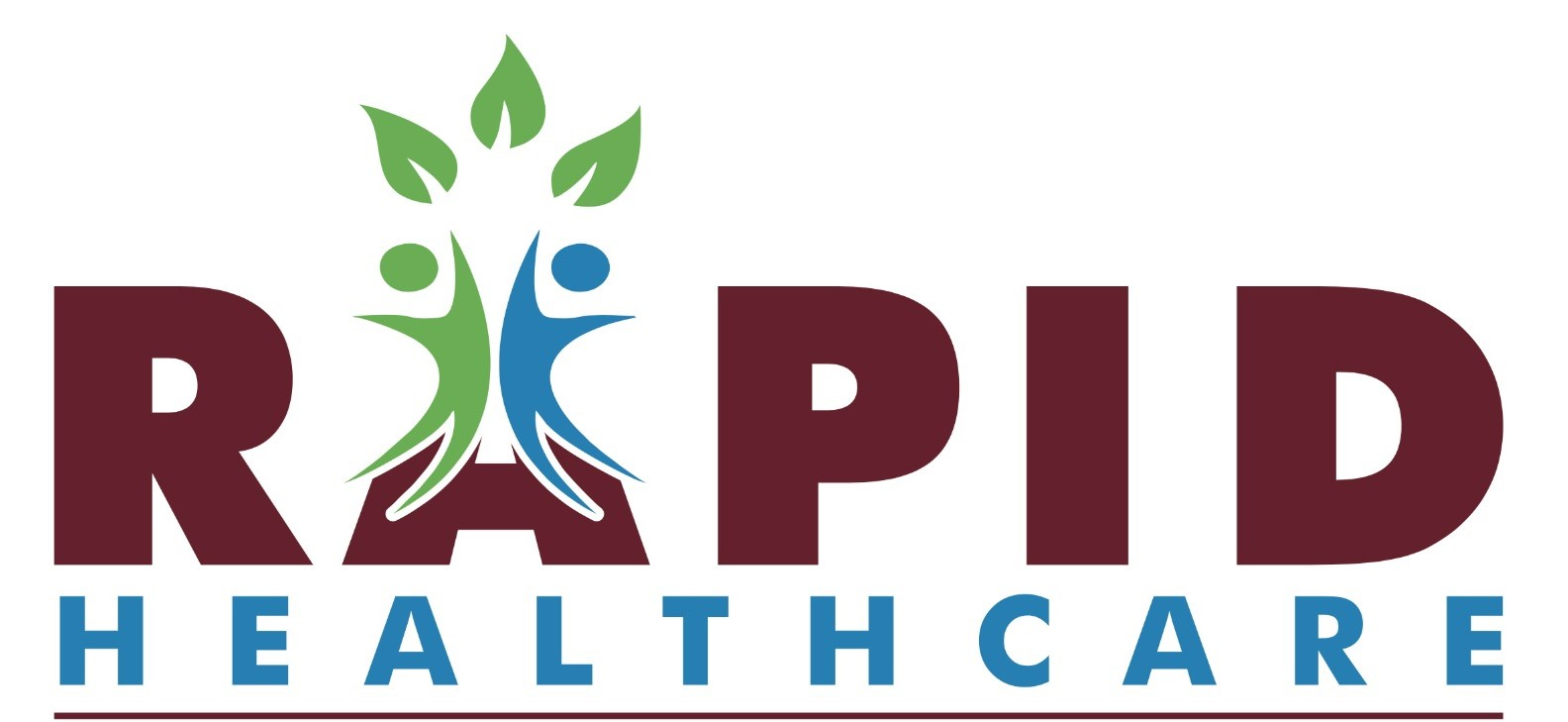
High cholesterol is one of the most common yet dangerous health conditions that can silently impact your overall well-being. Without any noticeable symptoms, high cholesterol can lead to serious cardiovascular issues such as heart disease and stroke. At Rapid Healthcare in Joliet, we believe that regular cholesterol monitoring and proactive treatment are essential steps to maintaining a healthy heart. Understanding why it’s important to treat high cholesterol can help you take control of your health before complications arise.
What is Cholesterol and Why Does it Matter?
Cholesterol is a waxy substance found in your blood that your body needs to build healthy cells. However, too much cholesterol can cause fat deposits to develop in your blood vessels. Over time, these deposits grow, making it harder for blood to flow through your arteries. This restriction of blood flow can lead to heart disease, heart attacks, or strokes.
There are two main types of cholesterol:
- Low-Density Lipoprotein (LDL): Often called “bad” cholesterol, LDL contributes to the buildup of fat in your arteries.
- High-Density Lipoprotein (HDL): Known as “good” cholesterol, HDL helps remove LDL from your bloodstream.
When your LDL levels are too high and your HDL levels are too low, your risk for heart disease and other cardiovascular conditions increases. According to the Centers for Disease Control and Prevention (CDC), nearly 94 million adults in the U.S. aged 20 or older have total cholesterol levels higher than the recommended 200 mg/dL.
Why Treat High Cholesterol?
Treating high cholesterol is crucial for several reasons, particularly for preventing heart disease and stroke. Here’s why you should take cholesterol levels seriously:
1. Prevent Heart Disease
High cholesterol significantly increases your risk of developing heart disease. According to the American Heart Association (AHA), high cholesterol can double your risk of having a heart attack compared to individuals with optimal cholesterol levels. The buildup of cholesterol in your arteries restricts blood flow to the heart, which can eventually lead to angina (chest pain) or a heart attack.
2. Reduce Risk of Stroke
When blood flow to the brain is blocked due to clogged arteries, a stroke can occur. High cholesterol is one of the key factors that contribute to stroke, particularly in adults over 50. By managing cholesterol levels, you reduce your chances of experiencing this life-threatening event.
3. Avoid Atherosclerosis
Atherosclerosis is a condition in which your arteries become hardened due to the buildup of cholesterol and other substances. This condition limits blood flow throughout the body and can lead to coronary artery disease, peripheral artery disease, and chronic kidney disease.
4. Improve Quality of Life
Treating high cholesterol not only reduces your risk of serious health conditions but also improves your overall quality of life. By managing your cholesterol levels, you may experience increased energy, better circulation, and improved heart function.
The Importance of Regular Cholesterol Checks
Regular cholesterol screenings are the first step in preventing serious health issues. Many people are unaware they have high cholesterol because it does not cause any noticeable symptoms until complications arise. That’s why it’s essential to check your cholesterol levels regularly, especially if you have risk factors such as:
- Family history of high cholesterol or heart disease
- Smoking
- Obesity or being overweight
- Lack of physical activity
- Poor diet
At Rapid Healthcare in Joliet, we recommend adults get their cholesterol checked at least every five years, or more frequently if they have additional risk factors. Early detection and monitoring allow you to take preventive measures before cholesterol-related issues become severe.
What the Experts Say About Cholesterol Treatment
Effective treatment for high cholesterol often involves a combination of lifestyle changes and, in some cases, medication. Here’s what the experts recommend:
1. Lifestyle Changes
- Diet: The American Heart Association recommends reducing saturated fats, trans fats, and dietary cholesterol to lower LDL levels. Eating more fruits, vegetables, and whole grains can help maintain healthy cholesterol levels.
- Exercise: Regular physical activity, such as 30 minutes of exercise most days of the week, can raise HDL levels and lower LDL levels.
- Quit Smoking: Quitting smoking improves HDL cholesterol levels and benefits overall heart health.
2. Medication
In some cases, lifestyle changes may not be enough to manage high cholesterol. Medications such as statins are often prescribed to help reduce LDL levels and prevent the formation of plaques in the arteries. According to the CDC, about 28% of adults aged 40 or older are using cholesterol-lowering medication to manage their condition.
Why Choose Rapid Healthcare in Joliet?
At Rapid Healthcare, our primary care clinic offers comprehensive cholesterol screening and management services to help you stay on top of your heart health. Our experienced team of healthcare providers will work with you to develop a personalized plan that includes lifestyle recommendations and, if necessary, medication to keep your cholesterol in check.
We believe in preventative care and the importance of early detection. That’s why we provide easy access to cholesterol testing and offer tailored treatment options to help you lower your risk of heart disease and stroke. Our commitment to your long-term health means we’re here to support you every step of the way.
Take Charge of Your Heart Health
High cholesterol is a silent but serious condition that can lead to life-threatening complications if left untreated. Don’t wait until it’s too late—schedule a cholesterol screening with Rapid Healthcare in Joliet today. Together, we can take the necessary steps to protect your heart and improve your quality of life.
Posted on behalf of
167 N. Chicago St.
Joliet, IL 60432
Phone: (630) 518-4444
Mon - Fri: 9am – 5pm
Sat, Sun: Closed


